Assessing the impact of the encampment protests
‘Universities are the best place to have these kinds of difficult conversations,’ says Mira Sucharov.
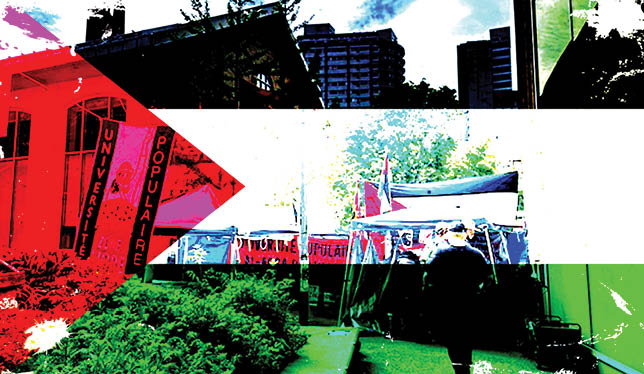
With the upcoming anniversary of the Oct. 7 Hamas-led attack and hostage-taking in Southern Israel, Canadian universities are bracing themselves for renewed protests this fall. University Affairs spoke with Mira Sucharov, professor of political science and Israel-Palestine relations expert at Carleton University on the impact of last spring’s pro-Palestinian encampments.
University Affairs: What struck you the most about the encampment protests that unfolded across the country last spring?
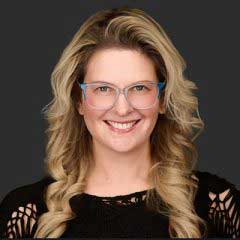
Mira Sucharov: They signal that the issue of Palestinian freedom from violence and occupation has really galvanized university students of all backgrounds. It’s not unlike how Canadian students in the 1980s protested against apartheid South Africa, and how, in the U.S. especially, students in the 1960s and 1970s spoke out against the Vietnam War. With tens of thousands of Palestinians being killed — and more are being killed every day — by Israeli bombs, I think it’s laudable that students are saying, “enough.”
UA: Some have said that the protests are cause for discomfort. What is your take on this?
Dr. Sucharov: Sure, encampments and protests like these can make people feel awkward and uncomfortable – but being uncomfortable is different than being unsafe. Protests are, at their root, about interrupting complacency. And interrupting complacency – pushing each other to think about how we can reshape the world we find ourselves in – is, I think, part and parcel of what being on a university campus is all about.
I should add, though, that there is a degree of understandable disappointment – and even anger – on the part of some Jewish groups that the protesters haven’t said nearly enough about the violence and terror of Oct. 7. This, despite the fact that some protesters are themselves Jewish. So in addition to the direct demands that they’re placing on university administrations for divestment and academic boycott, it would be ideal for the emotional wellness of the campus community writ large, if protesters had actively included calls for dignity, freedom and humanity of everyone – Israelis and Palestinians – between the river and the sea. I say this knowing that university administrations can decide whether to indirectly fund Israeli military might with their investments; they have much less leverage over Palestinian public opinion, and certainly no influence over a group like Hamas.
UA: To what extent were the protests successful in achieving their goals?
Dr. Sucharov: I would say that overall they were successful on a basic level: they helped elevate the importance of an issue that many Canadians might simply prefer to turn away from. Whether they were successful in achieving their divestment goals, it’s too soon to know, but we’ve seen at least one university president – at McGill – state publicly that they will be reconsidering the university’s investments in weapons manufacturers. Whether the protesters will succeed in achieving a boycott of Israeli academic institutions is another story completely. Most universities see academic exchange and partnership as part and parcel of the principle of academic freedom. I think it’s highly unlikely that universities will do anything to fundamentally change those relationships.
UA: Is it too early to talk about lessons learned?
Dr. Sucharov: Well, I think that university administrators have seen that students are vocal and persistent and resilient when they believe in an issue, and when they see injustice and want to have it righted. Similarly, students have learned that sustained, non-violent pressure can pay off. I hope the protesters have also considered that they should be careful and mindful about the kinds of slogans they use and that their statements focus on everybody’s rights and dignity, and not only on the dignity of one group at the expense of another.
UA: In the future, what can academic institutions do differently to address student concerns?
Dr. Sucharov: I hope that they will find more ways to engage students on these issues. They should meet with student leaders to hear their concerns. At minimum, they should host events on campus that help shed light on the situation in Israel/Palestine, events that are done in the spirit of open academic inquiry. I saw how nervous many Canadian campuses were to do that kind of programming this past year, and so I hope they’ll realize that universities are the best place to have these kinds of difficult conversations. With the urgency of saving Palestinian lives from continued Israeli violence, and releasing Israeli hostages from Hamas captivity, the time for action is now.
Featured Jobs
- Canada Excellence Research Chair in Computational Social Science, AI, and Democracy (Associate or Full Professor)McGill University
- Education - (2) Assistant or Associate Professors, Teaching Scholars (Educational Leadership)Western University
- Psychology - Assistant Professor (Speech-Language Pathology)University of Victoria
- Veterinary Medicine - Faculty Position (Large Animal Internal Medicine) University of Saskatchewan
- Business – Lecturer or Assistant Professor, 2-year term (Strategic Management) McMaster University






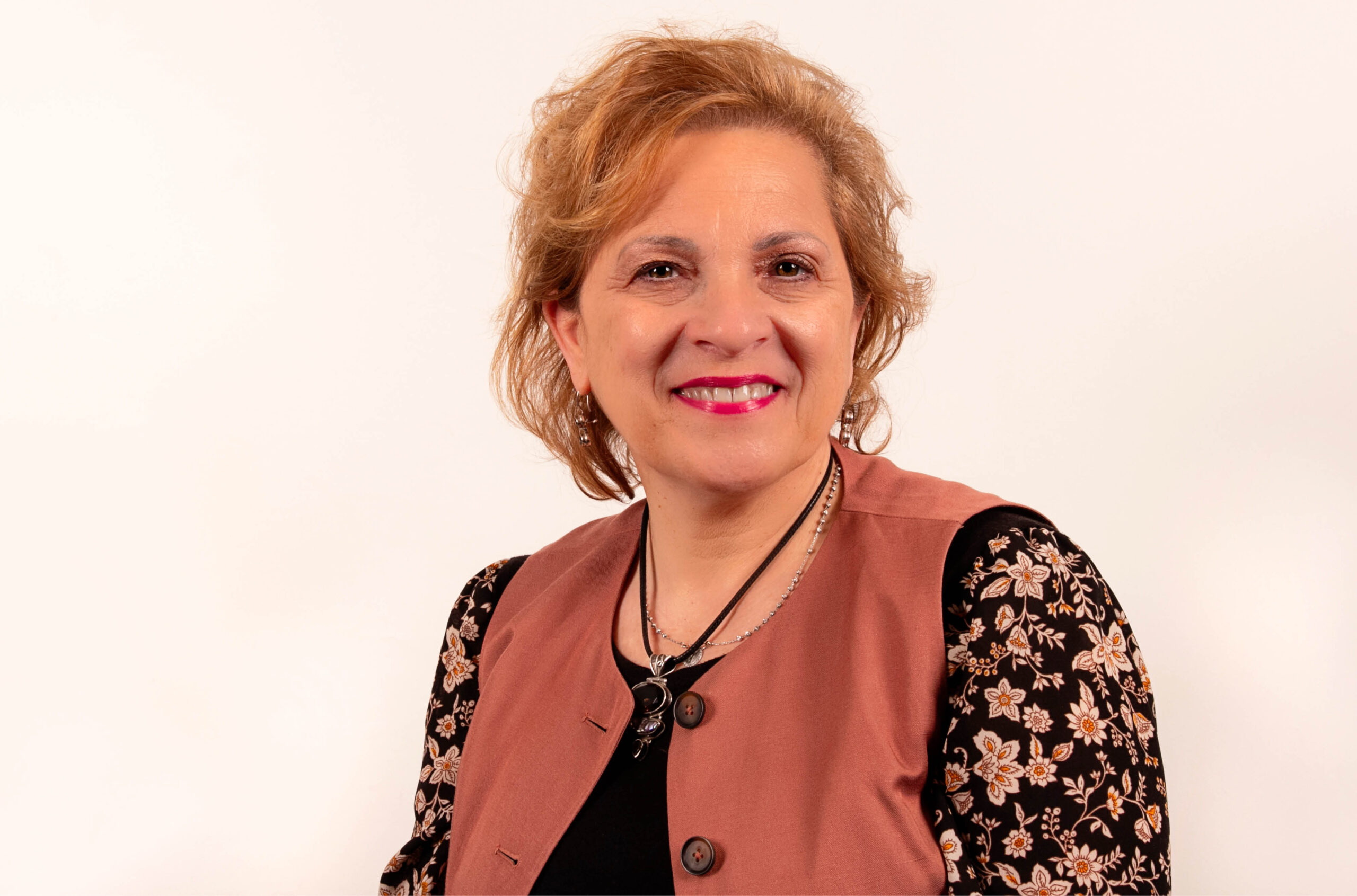
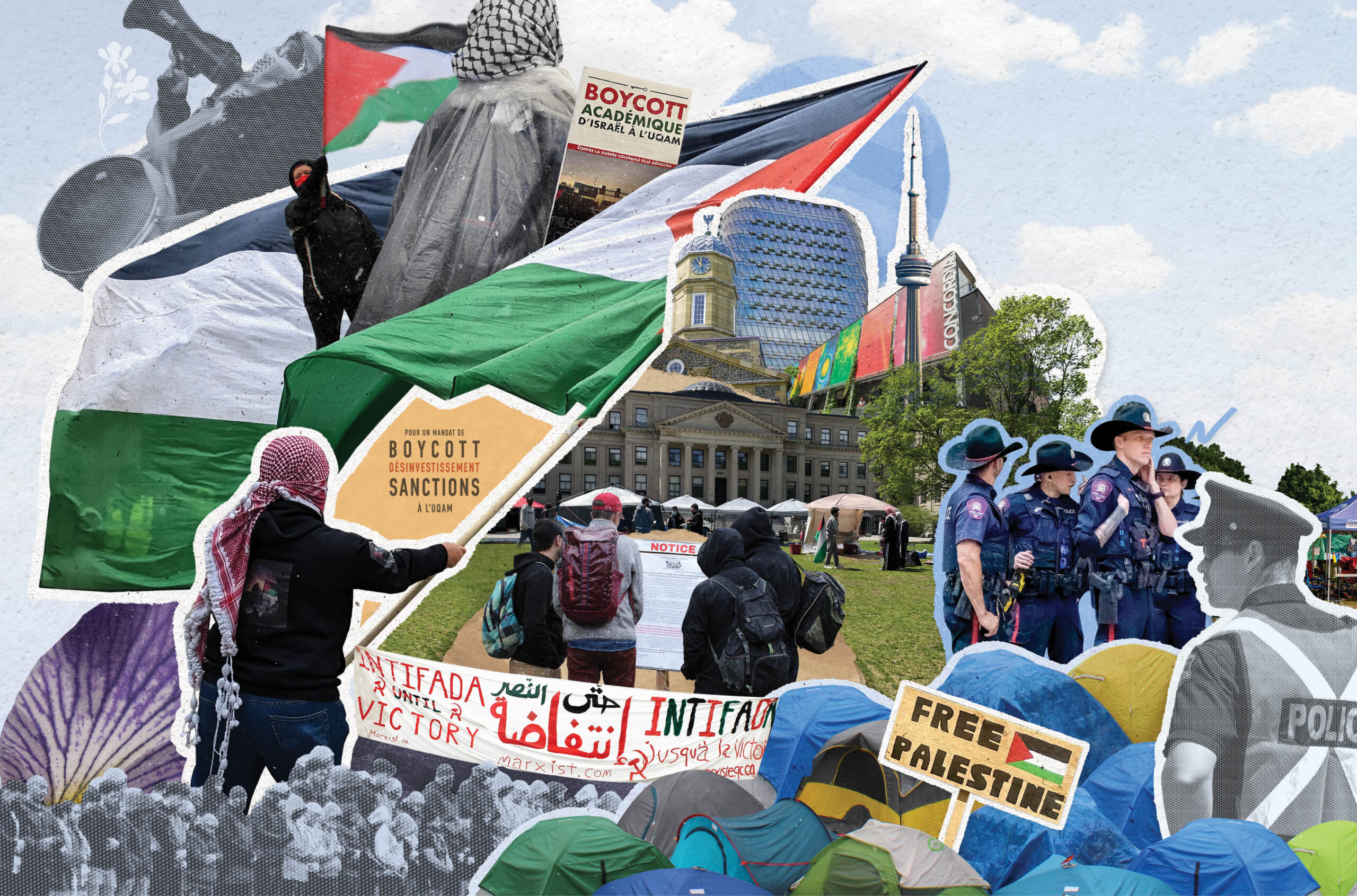
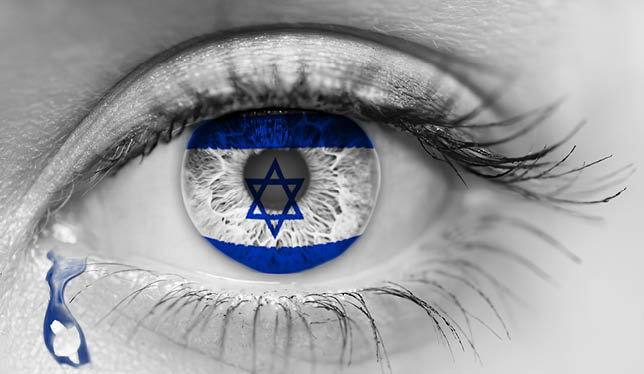
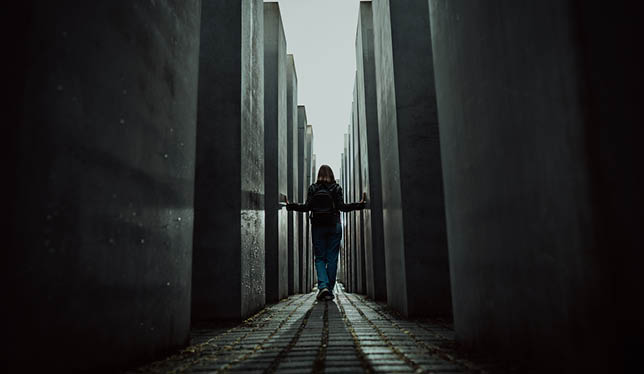
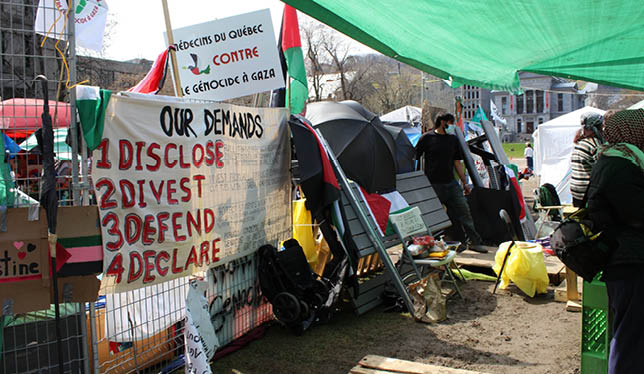




Post a comment
University Affairs moderates all comments according to the following guidelines. If approved, comments generally appear within one business day. We may republish particularly insightful remarks in our print edition or elsewhere.
2 Comments
I quote Sucharov’s three main points and offer my reaction to each: (1) “It’s not unlike how Canadian students in the 1980s protested against apartheid South Africa, and how, in the U.S. especially, students in the 1960s and 1970s spoke out against the Vietnam War.” Actually, the earlier cases were protests against government policies, not against the existence of a (Jewish) state recognized by 85% of the countries in the UN. Moreover, the earlier protests did not involve harassment of fellow students and a denial of their identity. (2) “Encampments and protests like these can make people feel awkward and uncomfortable – but being uncomfortable is different than being unsafe.” Jewish students did not feel merely awkward and uncomfortable. As a recent survey shows, the existence of a Jewish state is a core element of most Canadian Jews’ identity. Attempts to delegitimize the existence of a Jewish state by encampment supporters therefore threaten the existence of most Jewish students as Jews. So much for EDI principles. (3) “I would say that overall they were successful on a basic level: they helped elevate the importance of an issue that many Canadians might simply prefer to turn away from.” Not a single survey shows that the encampments had this effect. One survey did show that, in Canada, 2.5 times more people with an opinion on the subject opposed the encampments than supported them. Sources: R Brym, “Jews and Israel 2024: A survey of Canadian attitudes and Jewish perceptions,” Canadian Jewish Studies/Études juives canadiennes (37) 6-89, https://cjs.journals.yorku.ca/index.php/cjs/issue/view/2302; R Brym and J Jedwab, “Pro-Palestinian encampments in Canada: Who are the supporters and opponents?” Canadian Jewish Studies/Études juives canadiennes, https://cjs.journals.yorku.ca/index.php/cjs/encampments.
Robert, these protests are clearly about Israel’s military response resulting in the deaths of tens of thousands of civilians (including children). Framing it as purely anti-Israel (and by extension anti-Semitic) is disingenuous rhetoric meant to suppress opposition, ie if you oppose Israeli political actions you are anti-Semitic therefore shut up or else.
Framing any criticism of Israel as anti-Semitic has to stop. You might as well say we cannot criticize Islamic countries because it would be Islamophobic or criticizing China is rooted in Sinophobia and racism. This is frankly gaslighting and, regardless of the centrality of Israel to the Jewish identity, contemporary Israel as a political entity is not exempt from critique and opposition. Especially when the Western world sends them so much aid often in the form of lethal weapons.
Finally, the popularity of a protest is immaterial. If protests didn’t push against the status quo then why would there be a need for said protests in the first place? Protests are generally unpopular by default-until they are not.